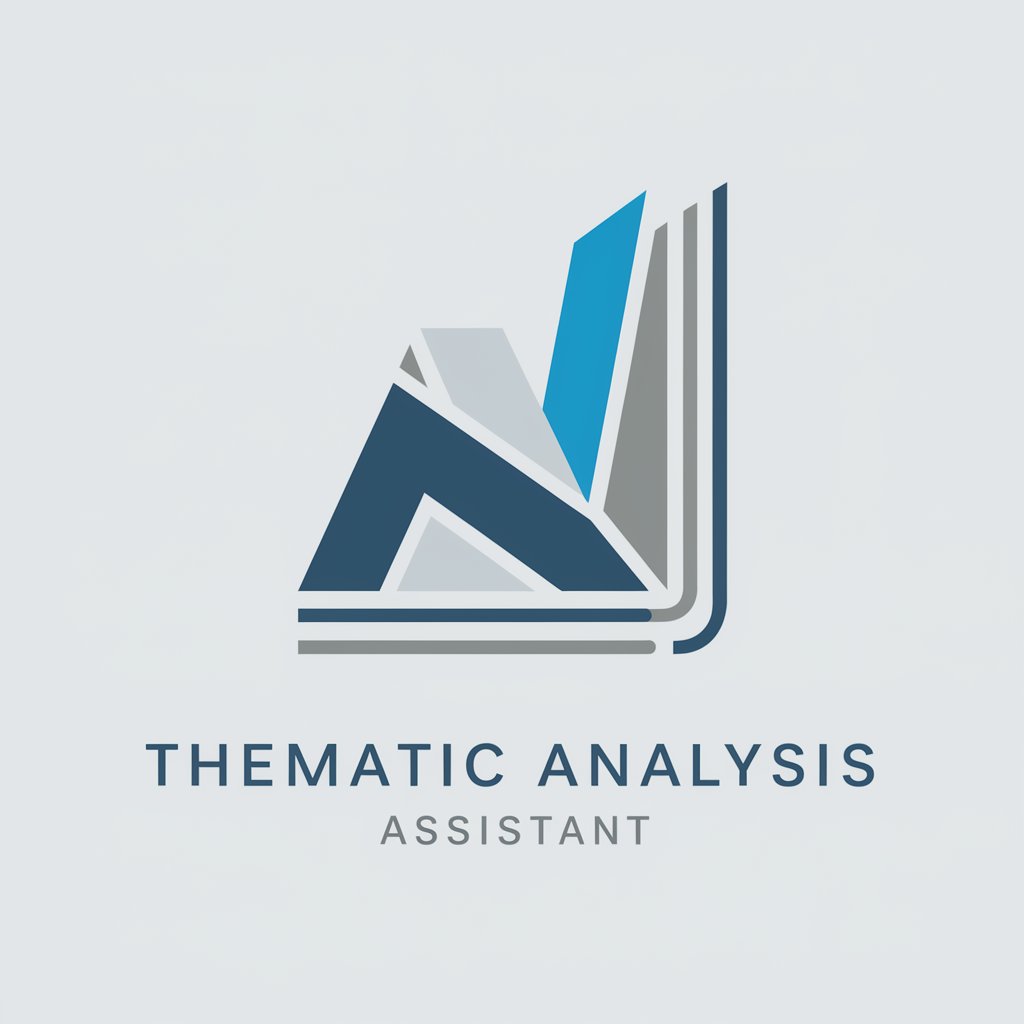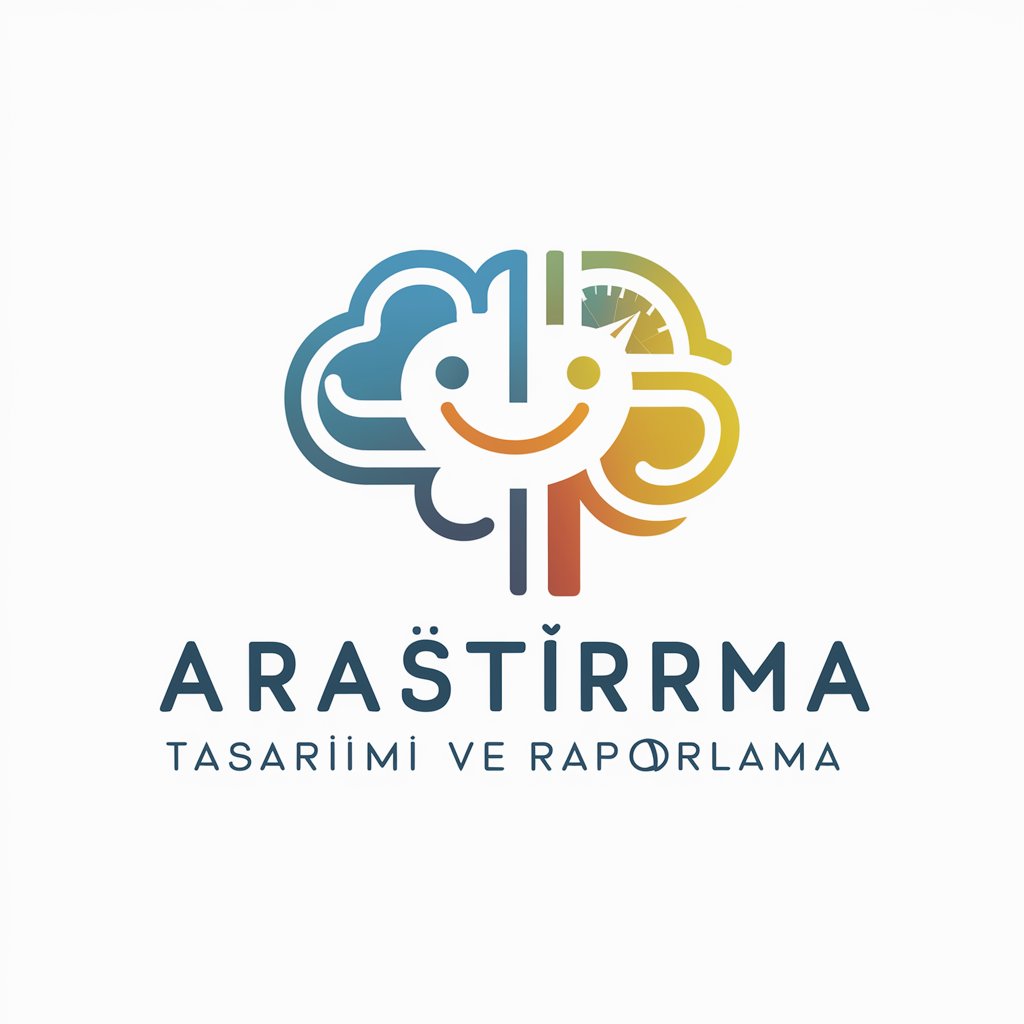6 GPTs for Qualitative Research Powered by AI for Free of 2026
AI GPTs for Qualitative Research refer to the advanced use of Generative Pre-trained Transformers specifically designed or adapted for qualitative research tasks. These tools leverage the power of AI to analyze, interpret, and generate insights from qualitative data, such as text, interviews, and open-ended survey responses. Their relevance lies in their ability to provide nuanced and contextually rich analyses, making them invaluable for researchers seeking to understand complex human behaviors, opinions, and cultural phenomena.
Top 6 GPTs for Qualitative Research are: Mayring Mentor - Inhaltsanalayse Tool,Thematic Analysis Assistant,Research Methods Mentor,Research Methods Mentor,Araştırma Tasarımı ve Raporlama,Everyday Working Person Interviewer
Mayring Mentor - Inhaltsanalayse Tool
AI-powered tool for qualitative content analysis.

Thematic Analysis Assistant
Unveil Insights with AI-Powered Analysis

Research Methods Mentor
Empowering research with AI-driven insights

Research Methods Mentor
AI-powered mentor for social science research

Araştırma Tasarımı ve Raporlama
Streamlining research design and data analysis with AI.

Everyday Working Person Interviewer
Uncover Life's Work Stories with AI

Key Attributes of AI GPTs in Qualitative Inquiry
AI GPTs for Qualitative Research boast a range of unique features tailored to the needs of qualitative analysis. These include natural language understanding and generation, which allow for deep analysis of text-based data. Advanced data analysis capabilities enable the identification of themes, sentiments, and patterns within large datasets. The adaptability of these tools supports a range of functions, from simple coding to complex theoretical analysis, making them suitable for a variety of research contexts. Special features may also include technical support, web searching capabilities, and the ability to generate visual representations of data.
Who Benefits from AI GPTs in Qualitative Research?
AI GPTs for Qualitative Research are designed for a diverse audience, including researchers, academics, students, and professionals in fields requiring qualitative analysis. They cater to novices by offering user-friendly interfaces and to developers and experienced researchers through advanced customization options. These tools democratize access to sophisticated data analysis, enabling users without programming skills to conduct high-level research while also providing extensive customization for those with technical expertise.
Try Our other AI GPTs tools for Free
Medical Consent
Discover how AI GPTs are revolutionizing Medical Consent, making the process more efficient, compliant, and patient-centric with advanced, user-friendly tools.
Procedure Understanding
Discover AI GPTs for Procedure Understanding: Tailored AI tools designed to optimize and automate the understanding of complex procedures, enhancing accuracy and efficiency across various fields.
Informed Decision-Making
Discover AI-powered GPT tools for informed decision-making, designed to provide data-driven insights and tailored solutions for effective decision support across various sectors.
Medication Education
Discover how AI GPTs transform medication education, offering personalized, accessible, and up-to-date pharmaceutical knowledge through advanced AI technology.
Health Literacy
Discover how AI GPTs for Health Literacy empower individuals with the knowledge to make informed health decisions, through easy-to-understand, evidence-based health information.
Medication Safety
Explore AI GPTs for Medication Safety: advanced tools designed to optimize medication use, ensure patient safety, and support healthcare professionals with the latest in AI technology.
Enhanced Perspectives through AI GPTs
AI GPTs function as customized solutions across various sectors, offering user-friendly interfaces that facilitate seamless integration into existing workflows. Their versatility allows for tailored analyses in diverse research areas, enhancing the depth and breadth of qualitative inquiries. These tools not only streamline data analysis processes but also open up new possibilities for interdisciplinary research, driving innovation in qualitative methodologies.
Frequently Asked Questions
What exactly are AI GPTs for Qualitative Research?
AI GPTs for Qualitative Research are advanced AI tools designed to analyze and interpret qualitative data, leveraging natural language processing to provide deep insights into textual data.
How do these tools differ from traditional qualitative analysis software?
Unlike traditional software, AI GPTs leverage the latest in AI and machine learning, offering more nuanced analyses, pattern recognition, and the ability to handle larger datasets more efficiently.
Can non-technical users easily adapt to these tools?
Yes, these tools are designed with user-friendly interfaces that require no programming knowledge, making them accessible to non-technical users.
Are there customization options for advanced users?
Absolutely, advanced users can leverage programming interfaces to customize analyses, integrate with other tools, and adapt functionalities to specific research needs.
Can AI GPTs handle multiple languages?
Yes, many AI GPTs are designed to understand and analyze data in multiple languages, making them suitable for cross-cultural research.
What types of data can AI GPTs analyze?
AI GPTs can analyze a variety of qualitative data, including interview transcripts, open-ended survey responses, social media posts, and more.
How do these tools ensure data privacy and security?
AI GPTs for Qualitative Research implement strict data privacy and security measures, adhering to relevant data protection regulations to safeguard sensitive information.
What potential applications do AI GPTs have in qualitative research?
AI GPTs can be applied in numerous areas, including social sciences, market research, user experience studies, and any field that requires in-depth understanding of human perspectives and behaviors.